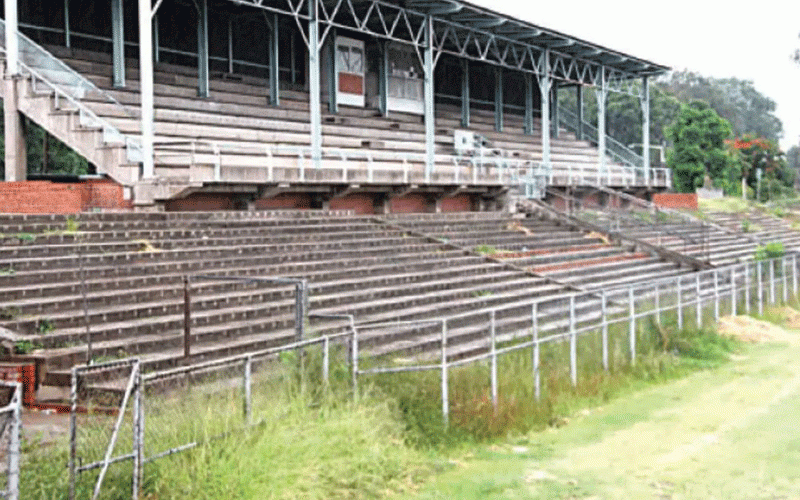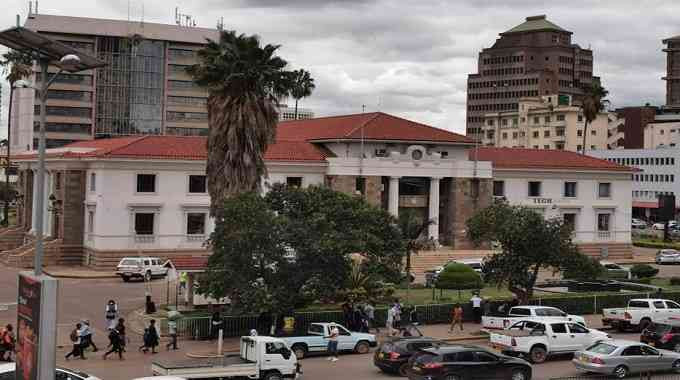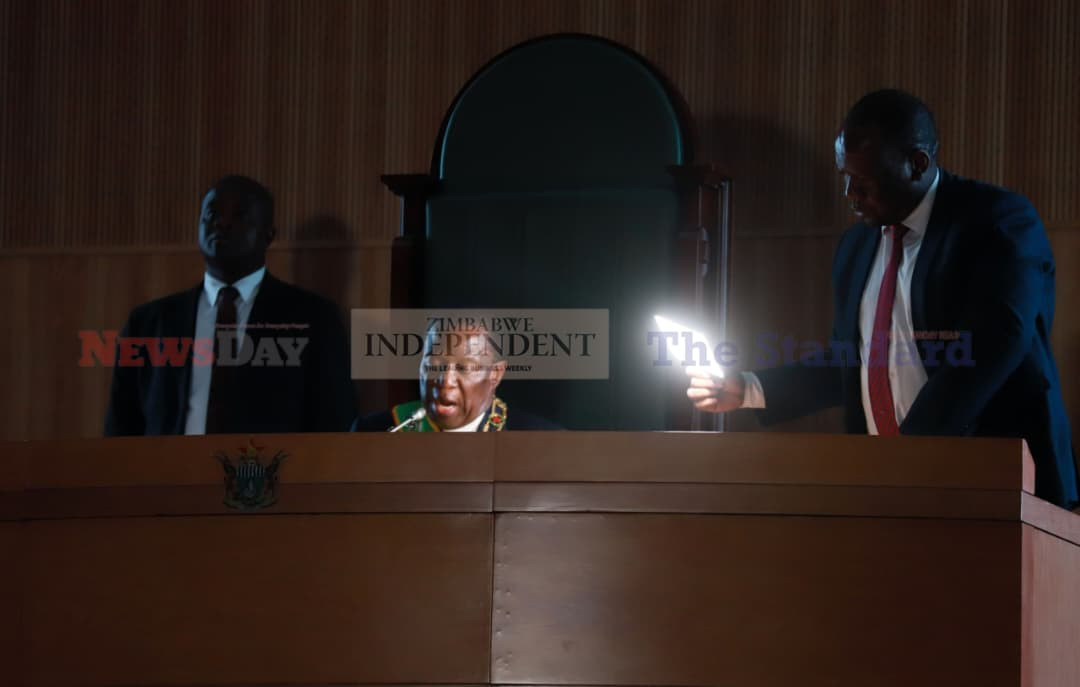
ZIMBABWE’S potential for growth and prosperity remains untapped, with the country languishing in economic and social stagnation.
At the heart of these challenges lies a persistent focus on the wrong type of politics by the ruling party.
As long as Zimbabwe’s leadership prioritises political expediency over meaningful development, the nation will continue to lag behind in critical areas, including sports, which rely heavily on multi-national investment.
Politics in Zimbabwe has largely revolved around consolidating power rather than fostering inclusive development.
The ruling party often spends more time stifling opposition voices and entrenching its dominance than addressing the critical issues that affect the nation’s progress.
Corruption, mismanagement of resources and a lack of transparency have become hallmarks of governance, choking economic growth and discouraging investment.
The most visible victim of these misplaced priorities is sport. Sport, a unifying and potentially lucrative industry, has the power to uplift communities and promote national pride.
However, Zimbabwean sports continue to suffer due to a lack of government support, accountability and a stable economic environment that can attract sponsors.
- Mavhunga puts DeMbare into Chibuku quarterfinals
- Bulls to charge into Zimbabwe gold stocks
- Ndiraya concerned as goals dry up
- Letters: How solar power is transforming African farms
Keep Reading
Multi-national corporations, which are traditionally the biggest sponsors of sports globally, are reluctant to invest in a country riddled with political instability and policy inconsistency.
For example, Zimbabwe’s football and cricket, two of the most popular sporting disciplines, have struggled to secure substantial sponsorships.
Multinational companies prefer environments that guarantee returns on their investments something that is hindered by the unstable currency, frequent political upheavals and reports of corruption within sports governing bodies making it a risky destination for sponsorship.
The government’s focus on self-serving politics has further weakened the sports sector by failing to establish robust infrastructure and policies that promote development.
Sports facilities are either out-dated or poorly maintained and athletes often lack the resources needed to compete on a global stage.
This negligence deprives Zimbabwe of the opportunity to showcase its talent and benefit from the global sports economy.
A thriving sports sector requires a government that prioritises good governance, economic stability and international cooperation.
These are the very pillars that attract multi-national corporations.
By creating a stable environment where businesses can thrive, Zimbabwe could unlock significant investment not only in sports but in other critical sectors of the economy.
Furthermore, prioritising sports development has the potential to create jobs, inspire youth and foster national unity.
In countries such as South Africa and Kenya, sports have become key contributors to GDP, thanks to investments from multi-nationals.
Zimbabwe could achieve the same, but this will require a shift in focus from partisan to policies that promote national development. As long as the ruling party continues to prioritise its political survival over meaningful reform, Zimbabwe will remain trapped in a cycle of underdevelopment.
The nation’s potential to shine in sports and other areas will remain unrealised and its people will continue to bear the brunt of misplaced priorities.
The time to shift focus to the right politics, politics that prioritises growth, unity, and accountability, is long overdue.
- Mutisi is the CEO of Hansole Investments (Pvt) Ltd. He is the current chairperson of Zimbabwe Information & Communication Technology, a division of Zimbabwe Institution of Engineers. — [email protected] or 263 772 278 161.











